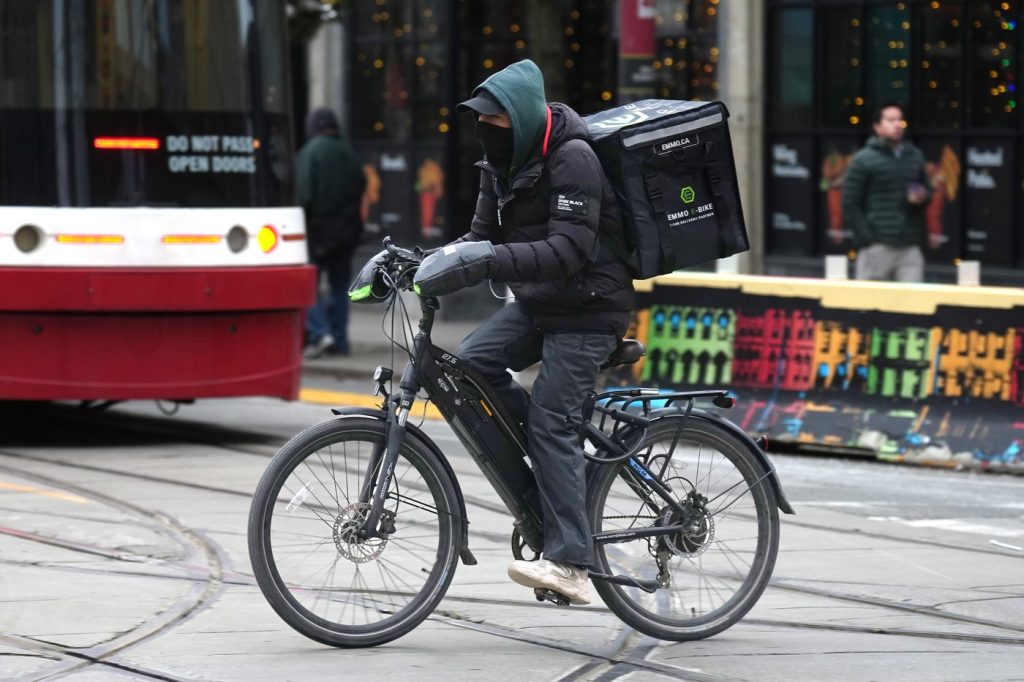The Toronto Transit Commission (TTC) has announced the annual seasonal ban on lithium-ion battery-powered micromobility devices, including electric bikes and scooters, which will take effect on Saturday, November 15, and last until April 15. This ban prohibits these devices from being carried on TTC vehicles and within stations during the winter months. However, the regulation does not apply to electric wheelchairs or other mobility aids specifically designed for individuals with disabilities.
The enforcement of this ban is strict. According to information released by the TTC, individuals who fail to comply with the ban will be asked to exit the transportation system. Non-compliance may lead to further consequences, such as fines or potential arrest if an individual refuses to leave when requested.
This seasonal restriction was first implemented in December 2024, partially as a response to increasing safety concerns related to the risk of fire associated with lithium-ion batteries. The decision to impose this ban gained traction after a significant incident in December 2023, where an electric bike caught fire as a subway train was arriving at the Sheppard-Yonge station. Investigators from Toronto Fire Services later established that the cause of the blaze was a phenomenon known as "thermal runaway." This occurs when a battery malfunctions, leading to the emission of hot gases and vapors that can culminate in an explosion.
In light of these dangers, fire officials have expressed concerns regarding the lack of government oversight regarding lithium-ion batteries. They have highlighted the risks linked with uncertified, substandard, or misused batteries. This has prompted discussions within the TTC regarding the possibility of adopting a more stringent battery policy similar to that enforced by Metrolinx. Under Metrolinx’s policy, electric bike batteries must meet "UL" or "CE" safety requirements and certifications prior to being allowed on trains and buses or within associated stations. Staff members at GO Transit are responsible for inspecting e-bikes brought onto their vehicles. If a battery meets safety requirements, it is marked with a tamper-proof seal. Conversely, if the battery is deemed unsafe, staff have the authority to remove it from GO Transit property.
The enforcement of the ban and the discussions of battery safety protocols are critical actions aimed at safeguarding public safety during the winter months when the risks associated with lithium-ion batteries tend to escalate. Public transportation users are reminded to be aware of these regulations to avoid legal repercussions and ensure a safer traveling environment for all passengers.












